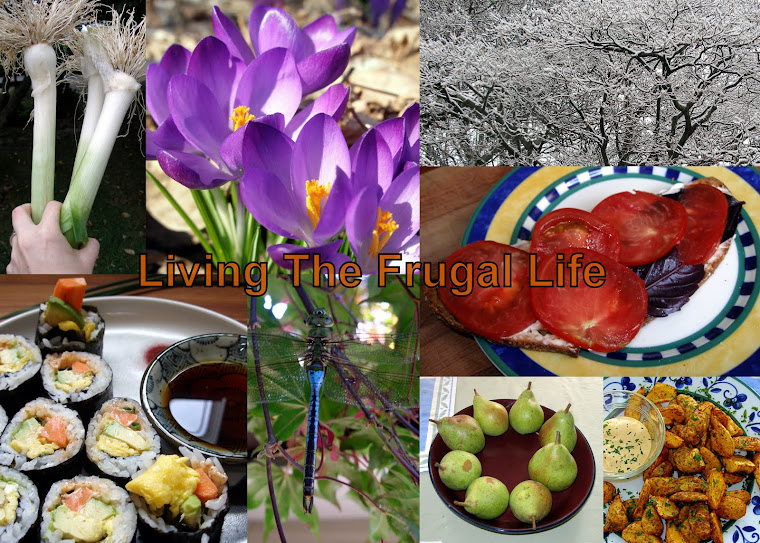Before getting back to our regularly scheduled content after the holiday, I'm going to make a plug for one of my favorite organizations, and a great upcoming opportunity for anyone who takes food issues seriously.
PASA is the Pennsylvania Association for Sustainable Agriculture. They're a non-profit group of farmers, consumers, and those of us who are sort of in between, who work to address issues of sustainable farming, local food, and food quality. I don't think of PASA as a faceless group, or a non-profit entity. When I think of PASA, I think of the real people I know, small scale farmers who still give a damn about the food they produce and the people they help to feed. I think of the incredible wealth of knowledge that I have access to because of PASA, the contacts I've made, mentors I've met, and the local grass-fed and -finished prime rib of beef I'll be preparing for Christmas dinner.
Each year PASA holds its annual Farming for the Future Conference in State College, PA. It's held in chilly early February, about the only time of year farmers in these parts can reasonably be expected to get away from their farms. I've attended this conference for the last three years, and I plan to do so next year too. Every single year I've come away energized, excited, having made new contacts, and having learned invaluable things that I, a dabbling homesteader, can take home and put into practice on my 2/3 acre suburban lot. Most of the people who attend are Pennsylvania farmers, including many Amish, but I've met many plenty of non-farmers and folks from Vermont, Ohio, Maryland, New York, and Virginia too.
If your interests include high quality food, gardening, homesteading, crop or livestock farming, building local economies or viable communities, local food, organics, post petroleum age sustainability, value added farm products, community supported agriculture, or anything loosely connected to these issues, you'll find something of interest at the PASA conference this coming year. PASA always assembles a stunning roster of speakers and presenters. These are people of long experience and great vision, who know their topics intimately. At past conferences I've heard Joel Salatin and James Howard Kunstler speak, and gotten tips on growing apples from the likes of Micheal Phillips. I've heard the first hand accounts of two young entrepreneurial micro-farmers who sold more than $60,000 worth of produce grown on one acre of land on the Winooski River in Vermont, and another farmer in northern Maryland who sells fresh greens from his open fields year-round, even when he has to harvest them from under the snow.
The conference proper is always on a Friday and Saturday. But there are intensive, all-day, limited-enrollment seminars as optional add-ons before the conference itself gets underway. There are a number of tempting offerings for next year. I'm considering the Wednesday Weed School and the Thursday Hands-On IPM and Biocontrols track. I would really like to learn more about pest management, and how to distinguish the eggs of the beneficials from those of the pests.
Although this will be an expense I consider a luxury, I have no difficulty making the decision to attend. Carpooling has been easy to arrange each year, and I've yet to pay for lodging while attending the conference. PASA takes pains to keep this conference affordable, and offers many discounts that may reduce the expense of attending. Farmers are not wealthy people, sadly. Though there is an optional meal plan offered with registration, I've found that just grazing on the abundant and delicious donated snacks has been sufficient to cover my caloric needs while at the conference. In fact, I usually come home with food. In the end though, the few hundred dollars I cough up to PASA goes to a cause I firmly believe in. And I definitely get my money's worth.
If you're in or reasonably near Pennsylvania, check out PASA and their 2009 Farming for the Future Conference. If you plan to attend, please let me know in the comments. Maybe I'll see you there!

No comments:
Post a Comment